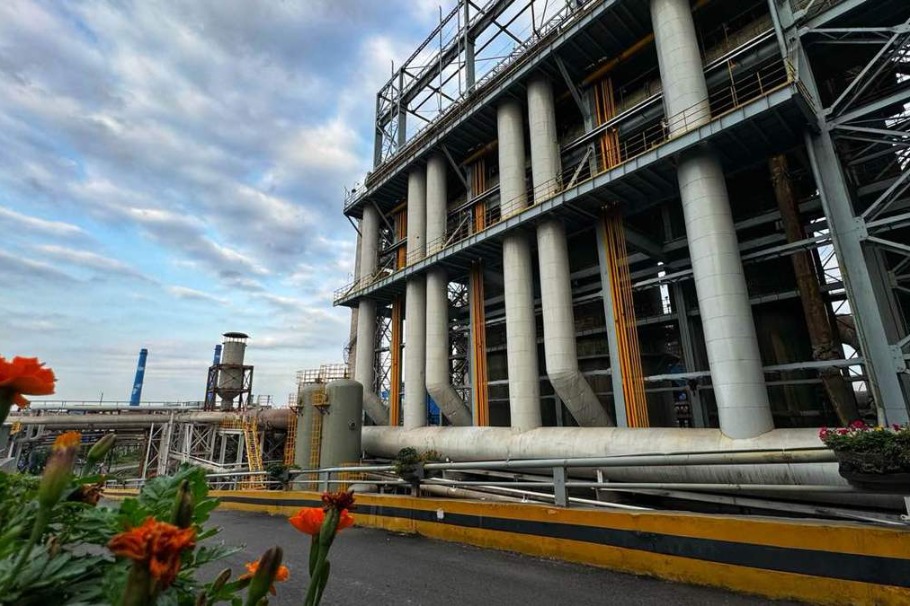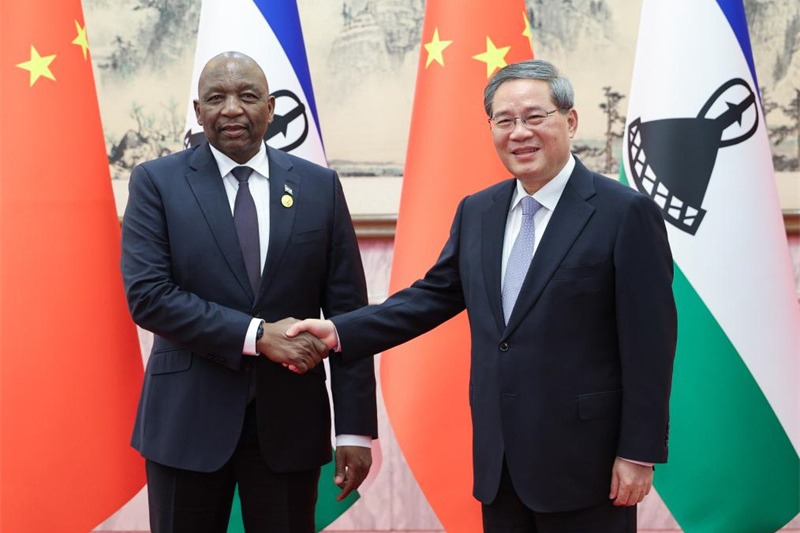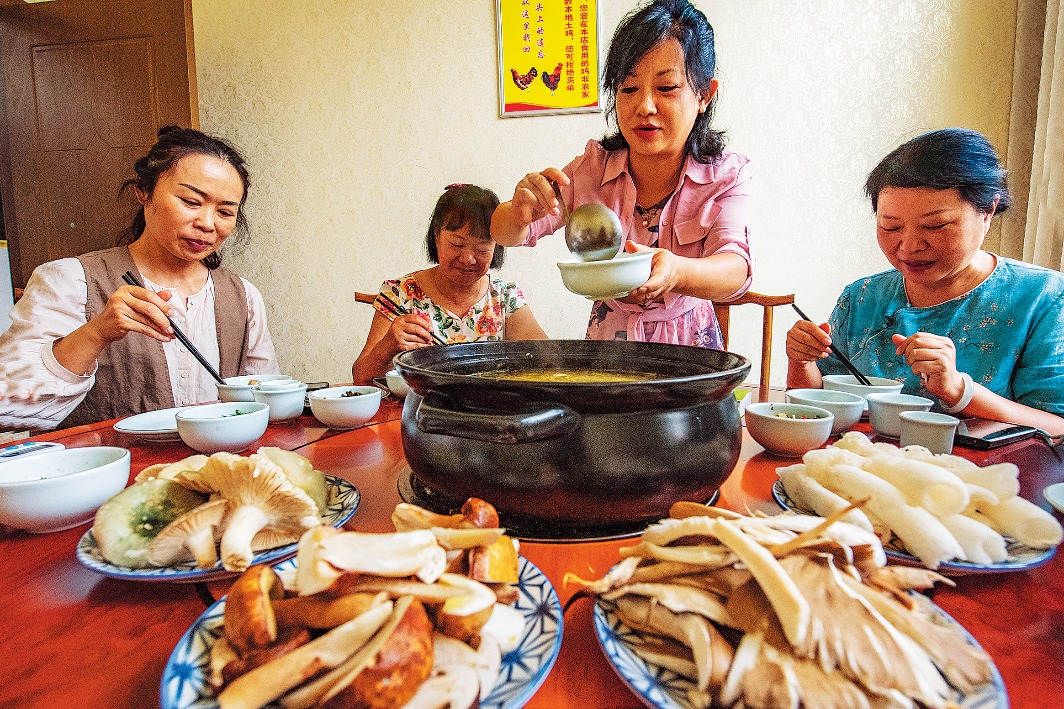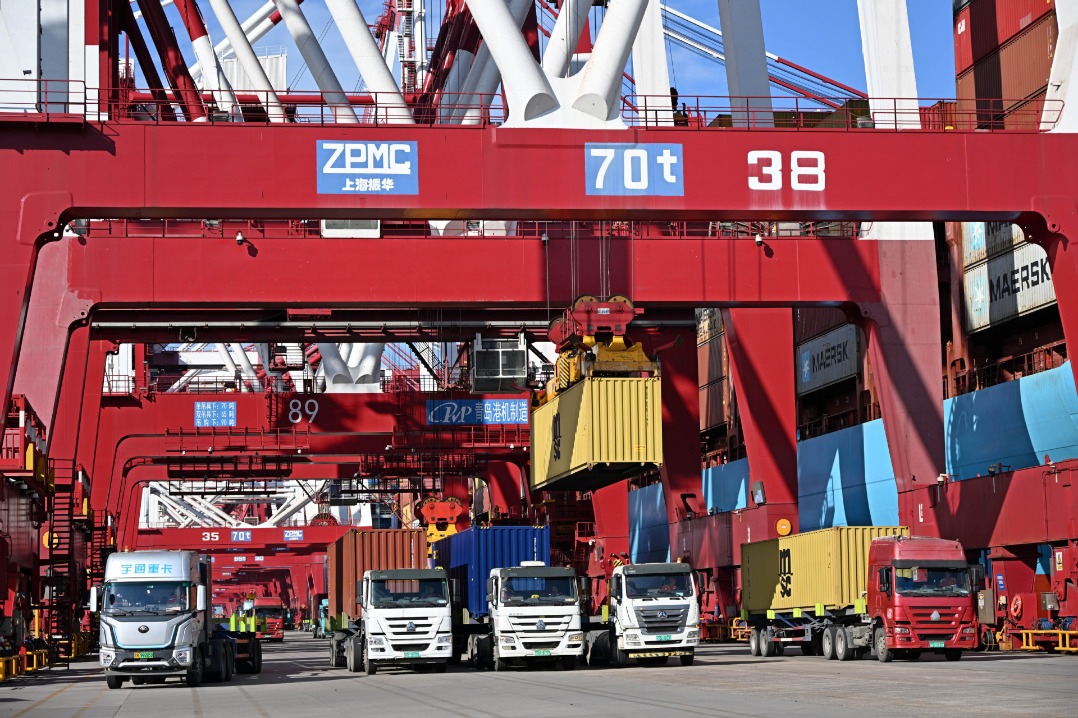Chinese firms buoy African mkt
Development plans, demand for wide range of goods excite nation's exporters


In response to African countries' efforts to stimulate economic growth, broaden market access and unlock consumer potential, Chinese companies will deploy more resources and manpower on the continent in the years ahead, to capitalize on growing demand for goods ranging from daily necessities to industrial machinery.
Exporters and trade experts said such moves will be consistent with China's continuous efforts to strengthen its trade ties with Africa and exploit the growing opportunities in Africa's rapidly developing economies.
Many African countries have solid medium- and long-term development plans, such as South Africa's National Development Plan 2030, and Kenya and Egypt's Vision 2030 strategies, they said.
As many African countries are experiencing steady economic growth and urbanization, Chinese companies, with their expertise in manufacturing and related services, are well-positioned to meet these needs, said Liu Jisen, a professor specializing in African studies at Guangdong University of Foreign Studies in Guangzhou, Guangdong province.
Sany Heavy Equipment Co Ltd, a Shenyang, Liaoning province-based mining and construction machinery manufacturer, exported 91.34 million yuan ($12.83 million) worth of mining trucks, parts and other types of mining equipment to Africa in the first seven months. Its main export destinations in Africa included Eritrea, Mozambique, South Africa, Nigeria, Tanzania, Ghana and Morocco.
Huang Dexiang, head of Sany Heavy Equipment's overseas sales unit, said the company's African clients are increasingly demanding smarter control systems and electric-powered products, driving the Chinese firm to consistently innovate and launch new offerings.
"The electrification trend for construction machinery with small operating radiuses and fixed activity is gaining momentum in many African countries," said Huang, adding that some of the company's African customers are now eager to adopt electric-powered loaders and dump trucks for use in factories, mines and ports.
According to statistics from Shenyang Customs, Liaoning province exported construction machinery worth 310 million yuan to Africa in the first half, up 54 percent year-on-year.
The deepening of China-Africa trade cooperation is based on shared interests and pursuit of mutual benefits, said Sang Baichuan, dean of the Institute of International Economy, which is part of the University of International Business and Economics in Beijing.
This not only serves as strong evidence of the positive outcomes from China's high-quality economic development, but also plays a key role in promoting social development in Africa and improving the living standards of the local population, said Sang.
Sharing similar views, Cheng Xiaohong, a professor at the center for African studies, which is part of Hunan Normal University in Changsha, Hunan province, said the expanding consumer market in Africa offers decent opportunities for Chinese companies to export products ranging from trains and telecommunications equipment to consumer goods.
For example, Shaoyang Sunshine Hair Products Co, a Shaoyang, Hunan province-based wigmaker, has made significant improvements in the comfort and realistic looks of its products to meet the demand from African consumers in recent years.
"We have registered several proprietary brands in countries like South Africa and Nigeria. They have emerged as top-selling brands in those markets," said Huang Yongxiang, the company's chairman.
Shaoyang exported wigs and hair-related products worth 830 million yuan to Africa during the January-July period, including products worth 550 million yuan shipped to South Africa, data from Changsha Customs showed.
On China's import front, a burgeoning middle-income group and rising demand for new-style beverages have lifted the country's coffee imports from Africa, positioning the nation as a big player in the global coffee market.
The growing popularity of specialty coffee and premium blends has driven market growth in China, with consumers increasingly discerning the quality and origin of their coffee, said Wang Rui, a sales manager at Suzhou Sudou International Trade Co, a coffee bean trader in Suzhou, Jiangsu province.
"In addition to importing coffee beans from Brazil, Colombia, Vietnam, Indonesia and the United States, we have expanded our purchase volume from African countries like Ethiopia, Uganda, Tanzania, Rwanda and Kenya in recent years," she said.




































